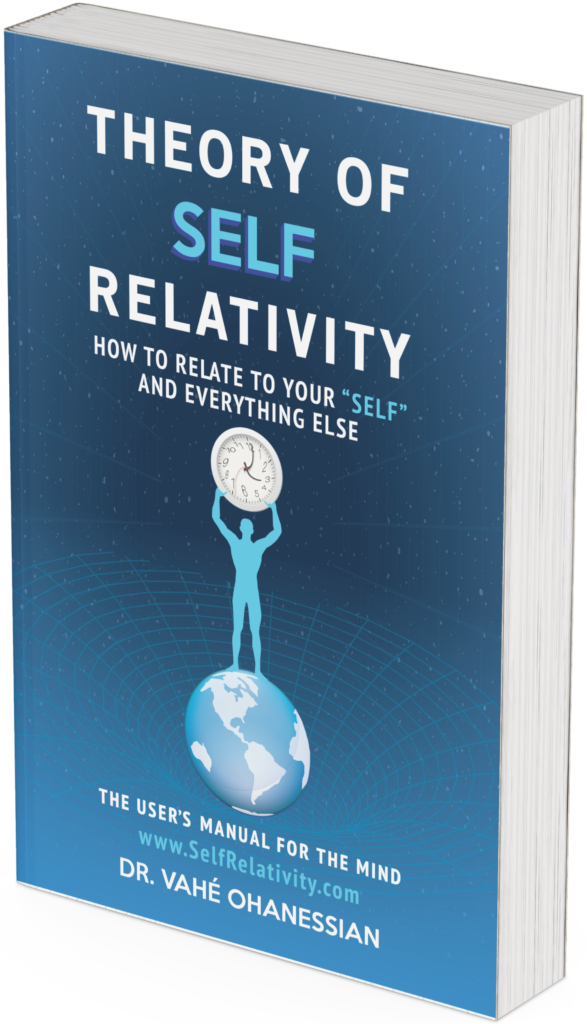Change
Change happens…Change or you’ll be changed.
The-Universe and everything around us changes continuously. Time changes constantly and continuously. Our physical body and brain change continuously as time moves forward. Yet, when it comes to change which requires mental-input; we tend to resist such change.
There are two main reasons why we don’t like to change:
-
- Introspection: Introspection which is synonymous with self-inspection means to look within our Self to be able to identify our deficiencies and shortcomings so that we can change, improve, or eliminate these insufficiencies. As discussed throughout the Theory of Self-Relativity, for many, introspection is an emotionally difficult task to undertake because introspection exposes us to face and accept our dislikable and often painful personal-shortcomings to be able to change or improve them. Introspection requires us to become conscious of our deficiencies, shortcomings, and our weaknesses by bringing them up from our nonconscious state to the higher levels of our consciousness.
- Primitive-Mind: As discussed throughout the Theory of Self-Relativity, our primitive-mind which is always on the lookout for negativity and danger is the default program of our mind. Our primitive-mind doesn’t care if we are happy; all it cares about is if we are safe. Therefore, the primary role of our primitive-mind is to keep us safe and it tries to do so by minimizing our exposure to danger. Change, by-nature, creates variables and uncertainties which in-turn could lead to something going wrong; therefore, change itself could increase danger. This in-turn makes our primitive-mind get worried, anxious, and even fearful hence it kicks into action to minimize and prevent any change. Change is inherently contradictory to how our primitive-mind likes for things to be because our primitive-mind is inherently programmed to seek constancy and predictability.
Theory of Self-Relativity defines “change” as “The comparison of the state of a thing from one moment to another”.
Whether we want it or whether we like it; change happens. Although change happens; random and passive-change itself is existentially mostly unfavorable. To make change favorable, we must first seek to change and second, we must want to improve to make the change favorable. Therefore;
-
-
- Improvement simply means favorable-change.
Since improvement means favorable or positive-change hence; - Theory of Self-Relativity defines “improvement” as “Influencing change to make change favorable”.
Since improvement is synonymous with favorable-change therefore; - Self-Improvement is favorable self-change.
And since self-improvement means favorable self-change hence; - Theory of Self-Relativity defines “self-improvement” as “changing for the better as one ages”.
- Improvement simply means favorable-change.
-
Improvement means changing for the better and self-improvement means changing our Self for the better; therefore, change is a necessary process for self-improvement. Since self-improvement is to change throughout our lifetime therefore change is not an event but it is an ongoing process.

